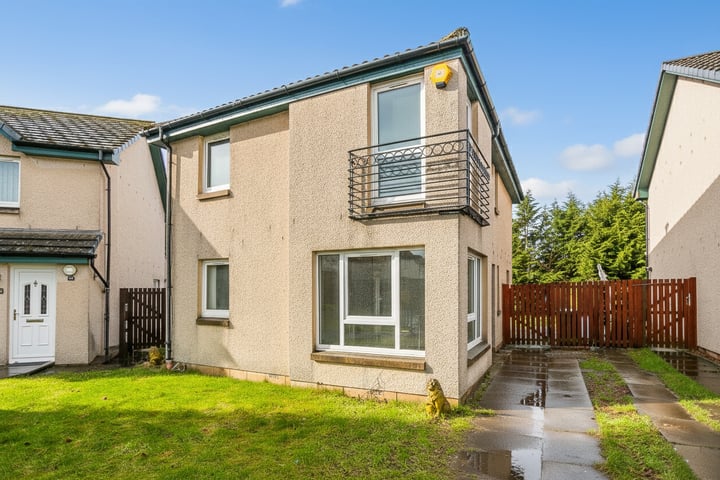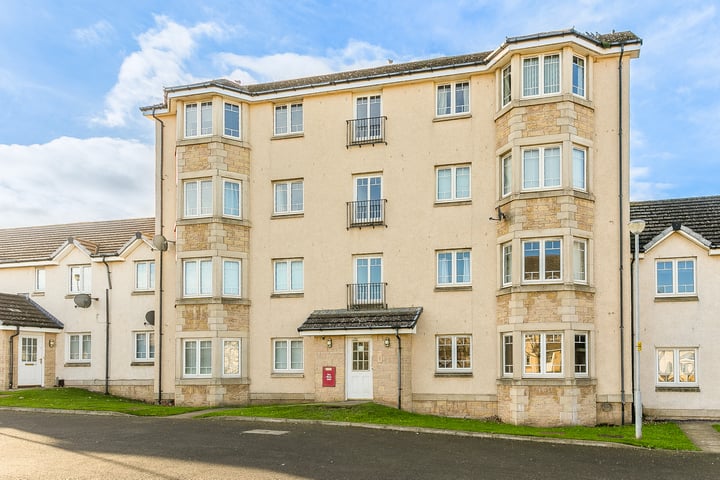Closing Dates are a peculiarity of the Scottish property market. They work hand in hand with the concept of Notes of Interest. Having recently spent several hours trying to explain to a group of estate agents in England and Wales what both of these things mean, with mixed results, it highlighted how confusing the topic can be for people who aren’t familiar with the Scottish system. This article should hopefully explain what Closing Dates are and how they affect you as a buyer or seller in Scotland.
What is a Closing Date?
A Closing Date is a date and time, set by the seller’s estate agent, by which the seller’s agent must have received an offer from anyone who wishes to submit an offer on that property.
What is a Note of Interest?
If you are interested in buying a property but aren’t yet ready or willing to make an Offer, a Note of Interest is a first step towards ensuring (but not a guarantee) that you get an opportunity to make an Offer on that property before it is sold to somebody else. Buyers in Scotland tend to submit a Note of Interest through their solicitor.
Notes of Interest aren’t legally binding, so a seller can decide to sell their property to someone else even if you have ‘Noted Interest’. However, Notes of Interest have consequences for solicitor firms who act as estate agents because of Law Society of Scotland guidelines which govern Closing Dates and Notes of Interest. Where a seller’s solicitor/estate agent decides to set a Closing Date, they have to get in touch with every potential buyer who has ‘Noted Interest’ to inform them of the Closing Date.
For more information about Notes of Interest, click here.
How Are Notes of Interest Related to Closing Dates?
Most often, a seller’s estate agent will set a Closing Date when enough potential buyers have ‘Noted Interest’. The more Notes of Interest there are, the more competition it signifies that there will be for the property.
What Does a Closing Date Mean for a Seller in Scotland?
When several buyers have ‘Noted Interest’ in a property, the seller’s estate agent is likely to advise that they set a Closing Date. This has the effect of generating more competition amongst potential buyers and, in practice, it means that buyers are most likely to submit their best offer at the Closing Date. This helps the seller to achieve the best possible price for their property.
This can be preferable to going backwards and forwards between multiple buyers, asking the buyers to submit their best offers but never being quite sure whether these offers are actually their final offer.
The seller is not obliged to accept any Offer or indeed the highest Offer at a Closing Date.
What Does a Closing Date Mean for a Buyer in Scotland?
Closing Dates tend to be a feature of a particularly buoyant property market where the level of demand outstrips supply. In a slower property market, Closing Dates are far more rare.
Perhaps not surprisingly, for buyers the process of Closing Dates being set on properties that they are interested in buying can be extremely frustrating. As a buyer, you don’t want to pay over the odds. However, in this sort of ‘blind bidding’ situation if you exercise self-restraint you can miss out on several properties that could have been your ideal home, simply because someone else is prepared to pay over the odds.
As a buyer, if you wish to try to avoid having to bid at a Closing Date, you need to find properties that few people are interested in. If that’s your intention, try looking online for properties with poor photos or very few photos, properties with no floor plan or properties where the estate agent isn’t advertising the property very widely. You can also try looking for ‘For Sale By Owner’ properties where they aren’t advertised in any of the major, UK-wide property ‘portals’, though these are difficult to find.
For more information on Closing Dates, see our YouTube video.
We’re Here to Help
If you are thinking of selling your home or investment property in 2017, please do get in touch with us by calling 0345 646 0208 (Option 1) or by emailing [email protected] to organise a free valuation of your home or to get a full, transparent breakdown of the costs of selling your home. You can also now instantly book a free valuation appointment, online, by following this link.
For more tips about preparing for a property valuation, you can also check out our YouTube video, Getting the Best Possible Property Valuation.






Leave a Reply